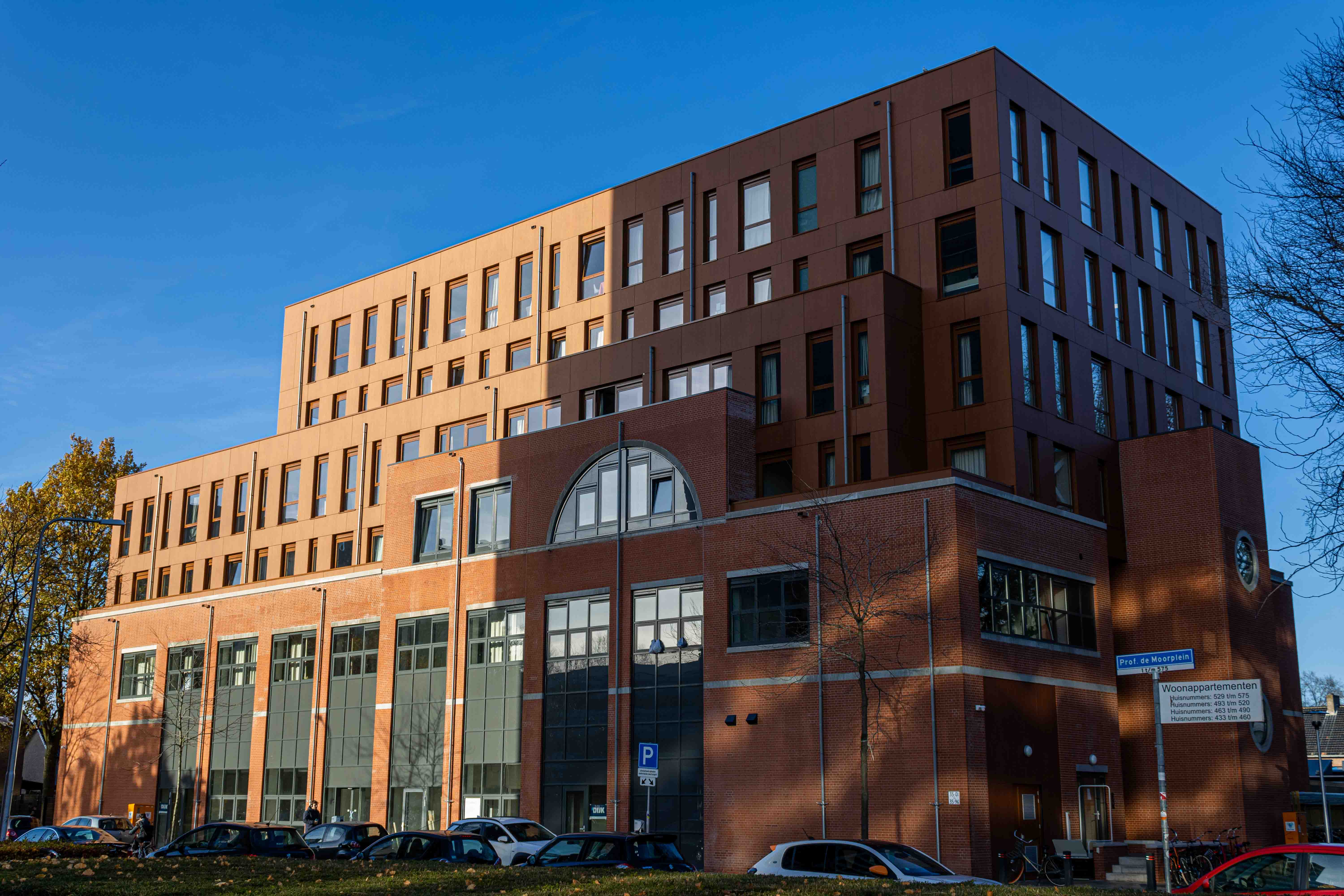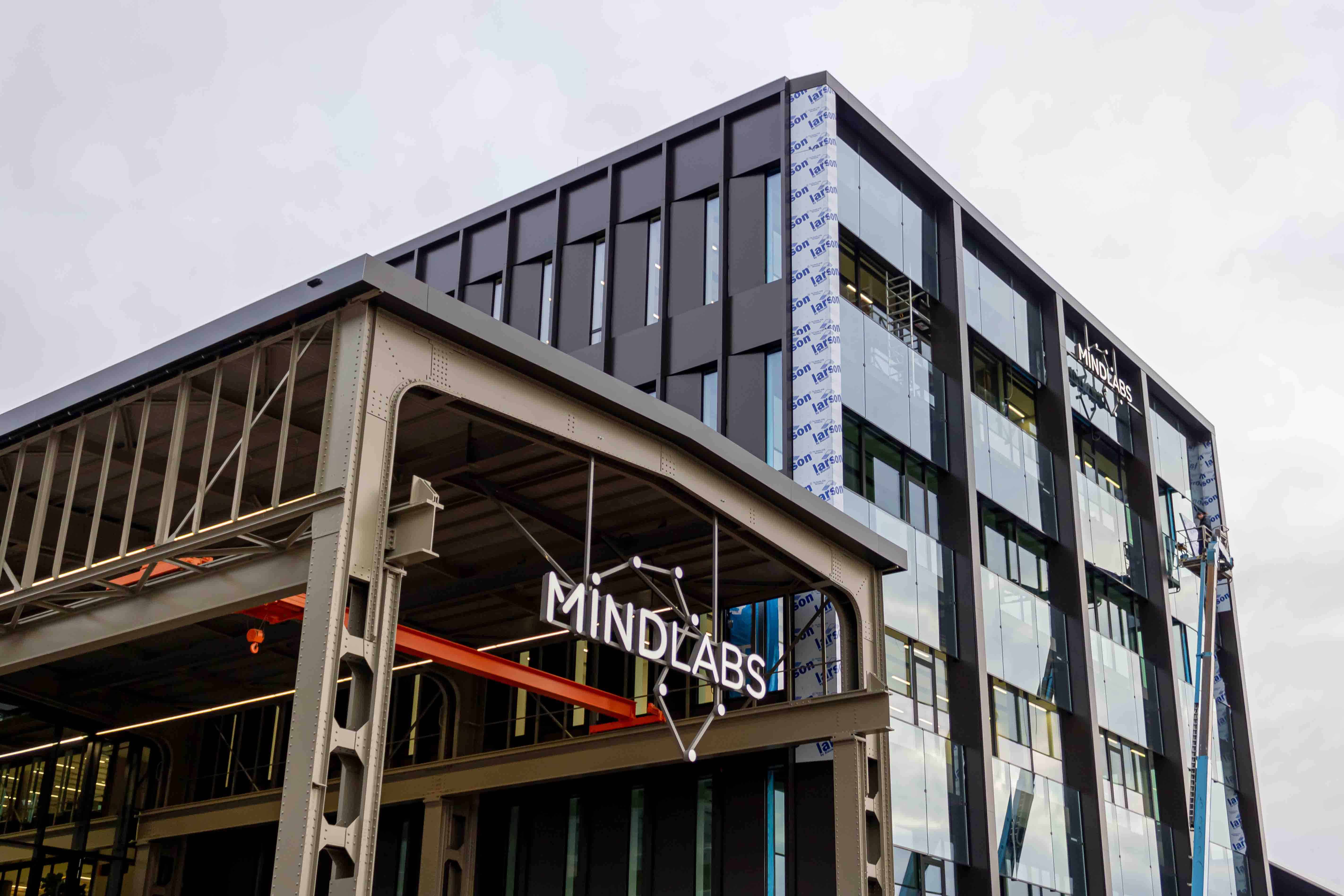
The world is firmly in the stranglehold of the novel corona virus SARS-CoV-2, and fear of it is bringing out the darkest sides in many people. “Solidarity”- my foot. Hoarders’ buying sprees leave supermarkets and drugstores with empty shelves. There are fistfights over a few packs of toilet paper rolls. Everybody wants to be next in line, regardless of who’s around them.
Social contacts are suffering. You keep your distance. At least a meter and a half. People are staying in more and more. Contact with family and friends is even more limited than how it used to be after the arrival of the internet. WhatsApp and maybe a phone call, that’s it.
This is the only opportunity we have for containing or at least slowing down the spread of the virus say virologists. Not such a simple situation for the psyche. Human beings are herd animals after all.
But not all effects of the Corona crisis are negative. The corona virus is almost a veritable wellness program for our environment. Paradoxical as that may sound.
The Home Office
When a 33-year-old man from the Bavarian district of Landsberg became the first German corona patient to be admitted to an isolation unit in hospital at the end of January, his employer WEBASTO immediately sent all employees home and closed the entire company headquarters for two weeks. Since then, other companies have followed suit or simply ordered their employees to work from home.
One example is BMW. After an employee of the Research and Development Center (FIZ) in Munich tested positive for the corona virus, the car manufacturer sent its approximately 150 colleagues home for two weeks to work there under quarantine. Twitter CEO Jack Dorsey instructed all his employees worldwide to work from home “where possible.” Companies such as Amazon, Google, Facebook, Microsoft, and Nintendo also sent home staff at their Washington State headquarters so they could set up their own home offices. Even schools are providing digital lessons in Italy now.
The impossible becomes possible
Although a survey by the German Digital Industry Association (BVDW) shows that almost 75% of employees would like to work from their home – especially at the moment – this was until now regarded as “impossible” in many companies. However, at present, it is very apparent that it is possible after all. At least for a lot of work that can be done at an office desk.
Now imagine that all those people who can do their jobs at home instead of in the office would be allowed to do so. What’s the number of people who wouldn’t have to be stuck in traffic jams for hours every morning and evening? How many would experience less stress because of that? How many less would have to take sick leave and miss work? And, last but not least, to what extent would less exhaust fumes be blown into the air because of far fewer cars on the roads?

NASA satellite images of the Wuhan region of China from January/February 2019 and from the same period in 2020 clearly show these effects. When factories were shut down in 2020 because of corona and people were quarantined, air quality suddenly improved. Couldn’t the housing problem be solved permanently this way too? If fewer people were forced to work in cities, rents would fall, fewer office buildings would be needed and that space could be used for housing. Why shouldn’t the Home Office principle work in times of digitalization, but then without Corona? Worldwide.
Manufacturing in Europe
“In recent years, Europe has become far too dependent on Asia. We need to move more manufacturing back to Europe.” Doctors and politicians have been calling for this for some time now as there is an increasing number of supply bottlenecks affecting pharmacies. Essential medicines such as antihypertensive drugs, antibiotics or cancer drugs are in short supply. Patients have to make do with substitutes that may be less effective or not effective at all.
Relocating pharmaceutical production to China and India for cost reasons was already having negative effects before the corona crisis. Pharmacists had already complained about problems with not being able to procure certain drugs mid last year. The true impact of Corona’s comprehensive manufacturing shutdown in China will be felt by the western world in the next few weeks. Once supplies are cut off completely.
Moving manufacturing back to Europe could well prove vital for both patients and healthcare providers on this continent. But not only that. Goods from Asia are sent halfway around the globe in countless container ships for weeks on end. These ships pollute the air and the seas, leaving a trail of environmental damage. Relocating manufacturing facilities (not just for medicines) would thereby make a decisive contribution to environmental preservation.

Cruises, flights and holidays
Yet it is not just container ships that leave their CO2 footprint and traces in the air and in the world’s oceans. Cruise ships, which have become increasingly popular in recent years, have long been a thorn in the side of environmentalists. According to statistics, a cruise ship emits on average as much sulphur dioxide per day as 376,030,220 cars do. As much nitrogen oxide as 421,153 cars. As much particulate matter as 1,052,885 cars. And as much carbon dioxide as 83,678 cars.
Due to corona and numerous infections that have recently occurred on ships, some cruise companies such as Aida, MSC and Royal Caribbean have in the interim completely suspended their operations. As more and more people are now canceling their trips or not booking any whatsoever, it’s to be expected that companies will soon respond in a similar vein as airlines.
Less travel, less fumes
An increasing number of countries are imposing entry bans. Lufthansa has already suspended around 50% of its connections. Other airlines such as British Airways, Ryan Air, Delta or American Airlines have also thinned out their schedules. As unpleasant as this is for these companies and their potential holidaymakers and passengers, it is good for the environment.
The holiday season this year will be different not only as far as long or short flights or cruises are concerned. The number of car journeys has already fallen. If the virologists’ predictions are correct and Corona will still be a threat this coming summer, not just the entry bans will be extended. Many people will voluntarily stay at home, who would normally have traveled hundreds or perhaps thousands of kilometers by car and generated a lot of exhaust fumes doing that.
Thanks to Corona, Planet Earth has at least a bit of breathing space for now.
Wildlife
The corona virus had already circulated around the world from China back in 2002/2003. At that time, about 8,000 people were infected and more than 800 of them died. According to official information, this virus – like the current coronavirus – originated from a wildlife market. SARS led to a ban on wild animal markets. However, this ban was quickly disregarded once SARS was no longer an issue.

© U.S. Fish and Wildlife Service Headquarters
Now, China has banned trade in wild animals at markets once again. In addition, these animals may not be bred or consumed, and trade in wild animal products such as furs is also prohibited now. It remains to be seen to what extent these new laws will actually be successful and not just lead to an increase on the black market. At the very least, however, these laws could contribute to saving species such as the endangered pangolin.
Planet Earth first
In conclusion, the coronavirus is having a disastrous effect on humans. No question about that. For the world, however, it does engender – under duress – exactly what environmental activists and the Fridays For Future demonstrators have been demanding for months: a careful use of natural resources and Planet Earth.
We are achieving this by bringing public life largely to a standstill. Unfortunately at a very high price too. Thousands of people have already lost their lives in the process. Dark days in the financial world with a global economy on the verge of collapse. Plus there is no end in sight.
Yet perhaps this biggest global crisis in recent history has also become the biggest opportunity for humankind in quite a while. A crisis from which it could emerge even stronger … Provided that after Corona, we will continue to do things differently and more effectively and understand the message that nature is sending us right now.
More IO articles about COVID-19 can be found here.







